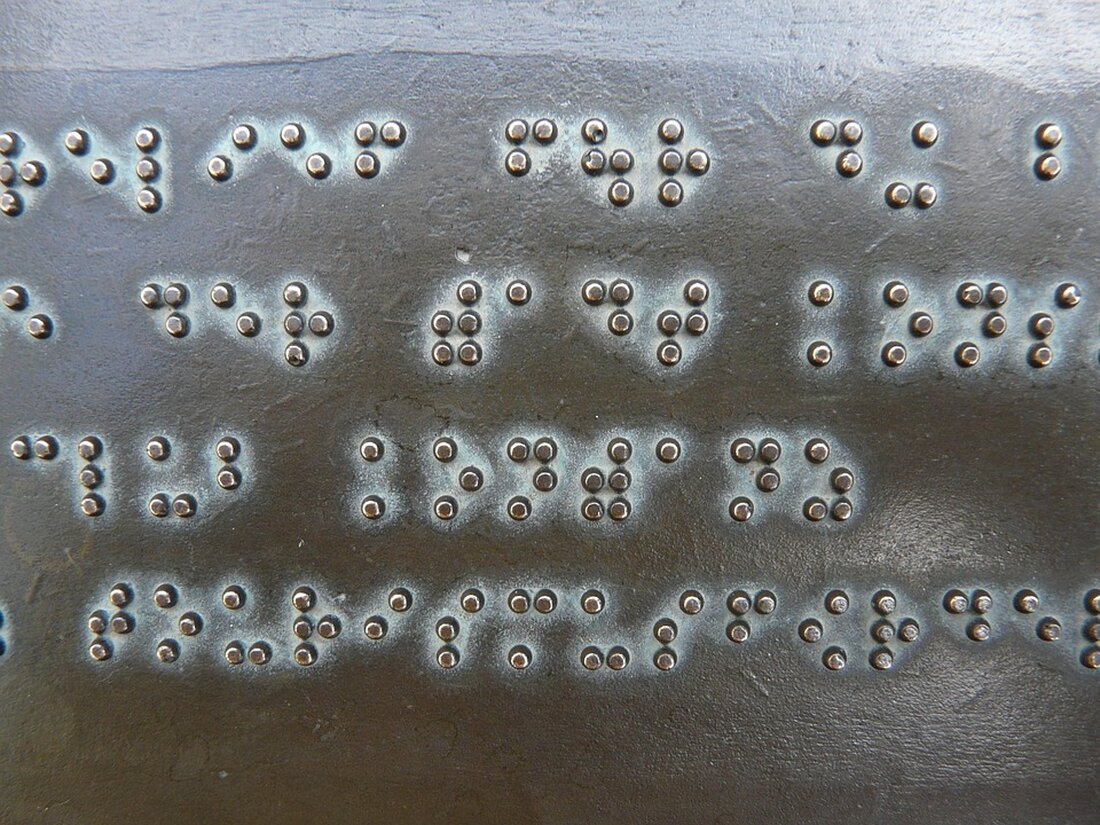Barrier-free tourism: Campania sets new standards for everyone!
Learn how Campania promotes barrier-free tourism to provide equal access for people with disabilities.

Barrier-free tourism: Campania sets new standards for everyone!
In the Campania region, barrier-free tourism is increasingly coming into focus. At a conference in the Sala de Sanctis in the Palazzo Santa Lucia, Felice Casucci, the region's tourism officer, discussed current developments and challenges. A central theme was the innovative D.A.M.A. project. (Destination Accessibility Management Agency), created by the social cooperative Cozy For You, led by Ileana Esposito. This project aims to develop organizational models that improve tourism for people with disabilities.
The focus of D.A.M.A. lies in the deprived interior areas of Campania, including Sannio and Irpinia. Given that 127 million people with special access needs live in Europe, vadn. With European tourism generating a turnover of over 400 billion euros, improving accessibility in Campania is of great importance.
Economic dimension
Around 13 million people with disabilities live in Italy, who together generate a turnover of around 27 billion euros in the tourism sector. The market shows a projected growth of 20% over the next three years. Despite this positive outlook, only 0.57% of Italian communities are currently classified as barrier-free. The fact that only 37.5% of public and private museums are accessible to people with severe disabilities illustrates the need for action.
To counter these challenges, Ileana Esposito emphasizes the need for professional training in the field of accessible tourism. D.A.M.A. aims to improve collaboration between local authorities and various stakeholders to promote staff skills and create accessible destinations in Campania.
Accessibility initiatives
In addition, D.A.M.A. is planning the promotion of barrier-free routes through targeted web campaigns and the development of the website damaconsulting.org. A central goal is to ensure constant tourist flows even in the off-season. However, Guido Migliaccio, Professor of Disability Management, emphasizes that it is not enough to remove architectural barriers. Antonio Vella, the mayor of Monteverde, highlights that his municipality has already made progress by creating differentiated routes for people with disabilities.
In a national context, the federal government in Germany is also committed to barrier-free travel. The concepts are similar: Disabled people have a right to self-determined participation and equality in tourism. The Federal Ministry of Economics promotes barrier-free offers in order to establish them as a trademark in Germany. Information about this is available on the “Simply Participate” portal.
A central concern is to improve the information situation about barrier-free offers, as there is still a lack of comprehensive, nationwide information. The BMWK promotes a uniform labeling and certification system called “Travel for All” to increase transparency. This database is supported by the federal states' tourism marketing organizations and is used to evaluate barrier-free tourism offers.
The “Travel for All” project is also part of the National Action Plan for the implementation of the UN Convention on the Rights of Persons with Disabilities. It is based on an earlier BMWK funding project that developed standards from 2011 to 2014. Since 2019, the associated database has been integrated into the online offering of the German National Tourist Board.
In summary, barrier-free tourism is being pursued seriously in both Campania and Germany. The initiatives and projects of both regions reflect a growing awareness of the needs of people with disabilities and aim to create an inclusive travel environment.
Further information on developments in Campania can be found at ilmattino.it and more about the German initiatives bundeswirtschaftsministerium.de.

 Suche
Suche
 Mein Konto
Mein Konto